Yesterday, after we finished harvesting the cassava, we finally wrapped up a long day of work. For those who read my previous post, you’ll know what I’m talking about. Since we couldn’t handle all the work alone, we had to hire a man to help with uprooting the cassava. To make sure he got paid fairly, he decided to measure the cassava based on how much he pulled up. Having extra hands was necessary because the process is intense.
Harvesting and processing cassava involves several steps, especially if you're aiming for specific end products. Cassava can be turned into different things, but the three I know are garri, cassava flakes, and fufu. For this round of processing, we decided to make both garri and fufu, so we hired a few more people to help us get through the different stages.
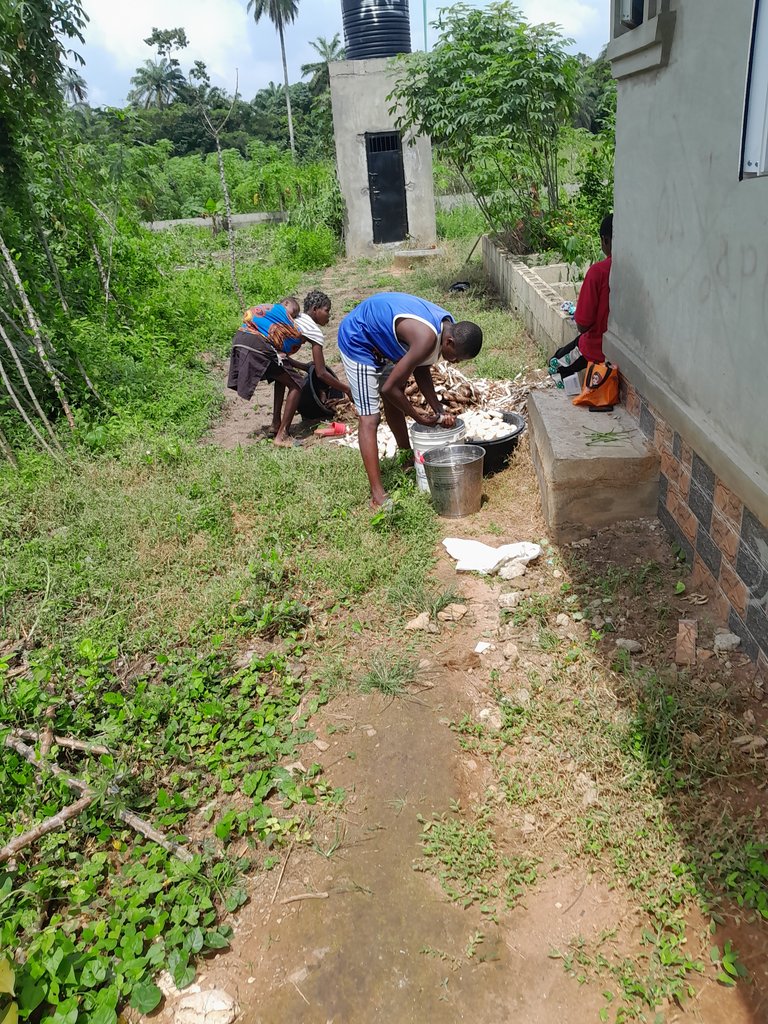
It’s a good thing this is all happening during our week-long midterm break, giving me time to manage the whole process without distractions. A few of my students even came by to assist, which was really helpful. If it weren’t for the break, I wouldn’t have been able to oversee everything, and sometimes it’s hard to trust others to manage such tasks.
Once the cassava was uprooted, we moved on to peeling it. I asked my students to arrange the peeled cassava in a large bowl and thoroughly rinse it. After that, we had to prepare another large container where the cassava would soak. For fufu, the cassava needs to be soaked for about four to five days to get it ready for the next steps.
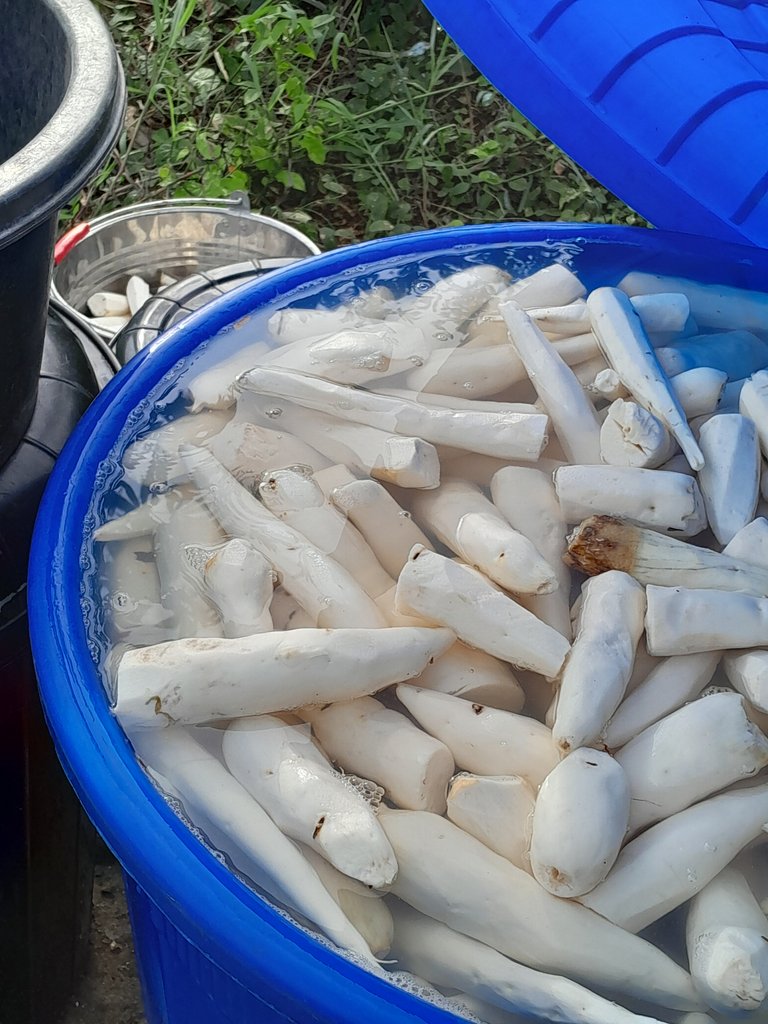
After we finished peeling and soaking the cassava, we turned our attention to another batch that we had uprooted about two weeks ago for garri production. We ended up selling some of that cassava to help pay for the extra hands we brought in to assist with the work. Farming isn’t something that can be done alone, and this experience reminded me of how, in the old days, families had many children who could help with farm tasks instead of hiring others. These days, it’s rare to see such large families dedicated to farming, except in some areas where agriculture remains a primary focus.
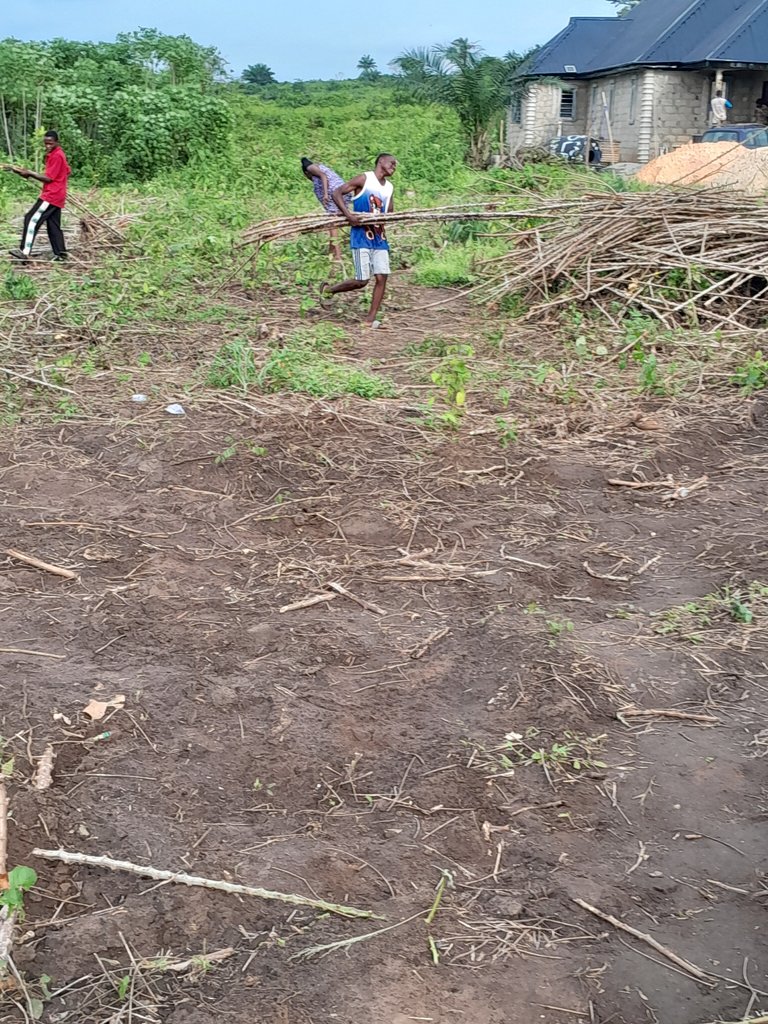
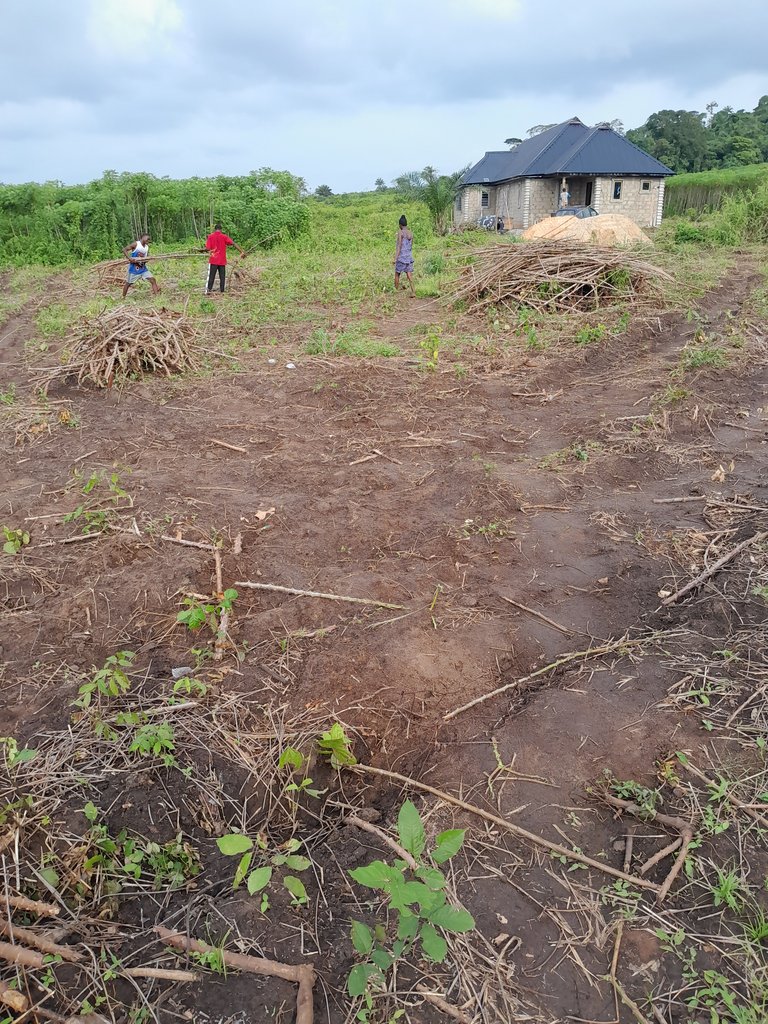
The cassava garden is located behind the house, and we made sure to clear all the roots from the ground and prepare the land for future planting. Two of my students helped me with this task, and we worked in the garden for around three hours before I told them to head home since it was getting late.
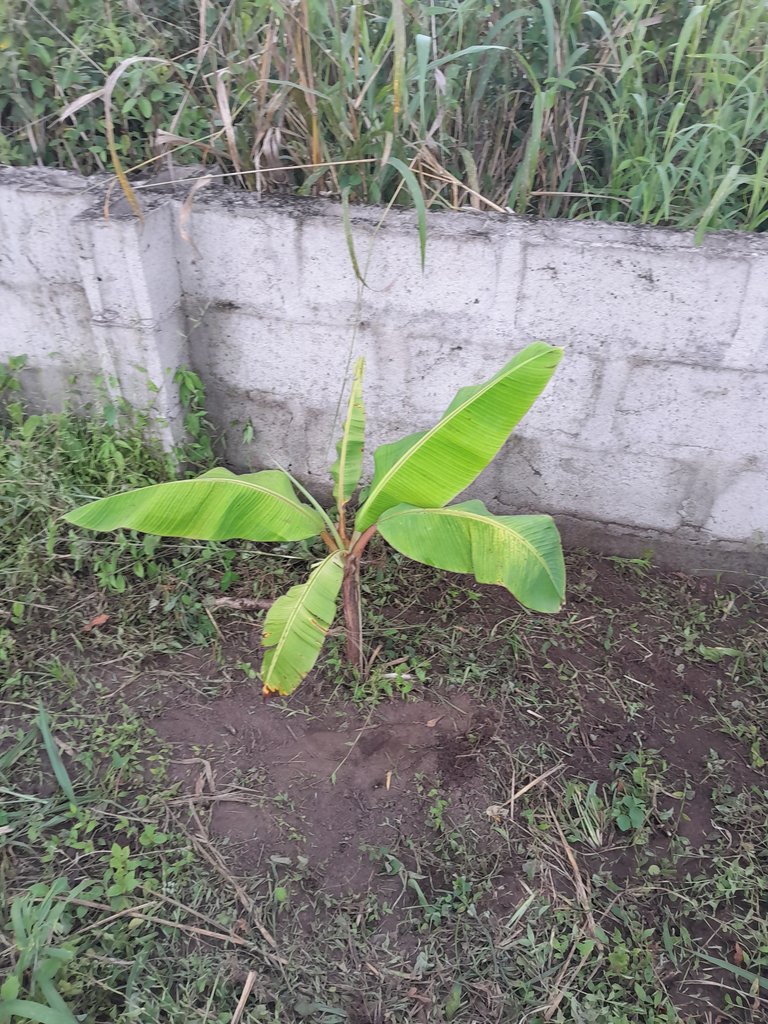
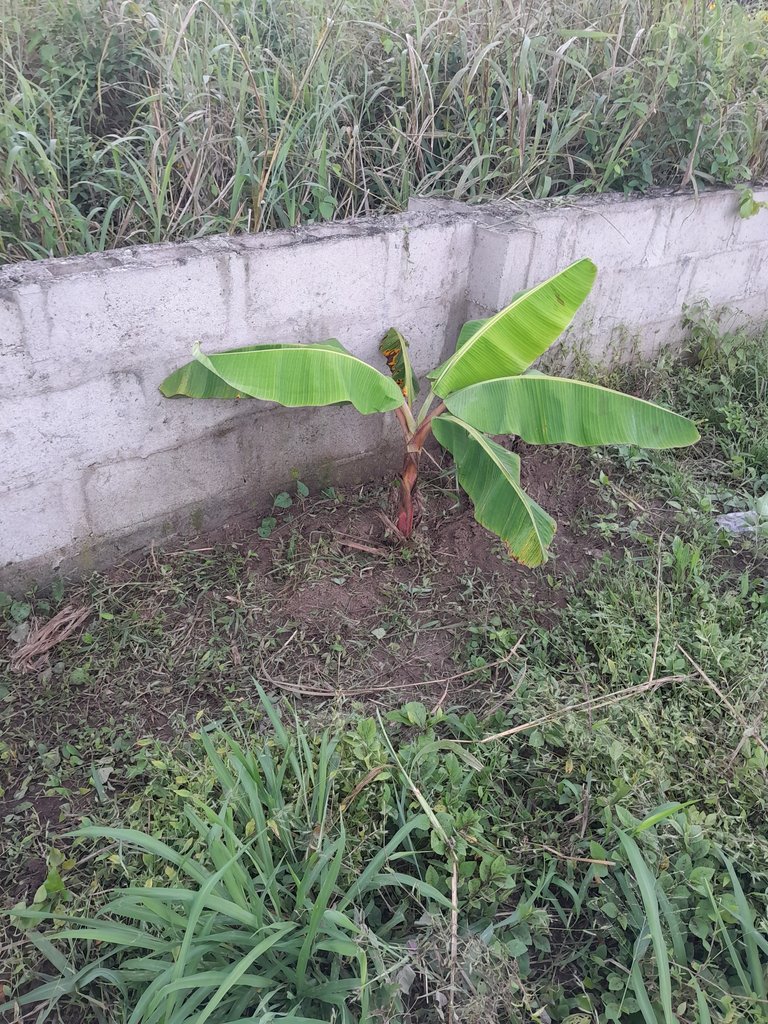
After they left, I continued working in the garden, particularly on the section where we had planted plantains. I noticed that some of the plantain leaves were turning yellow. This might be due to the lack of rain or the weeds that had grown around them, so I cleared the area to ensure better airflow and light for the plants.
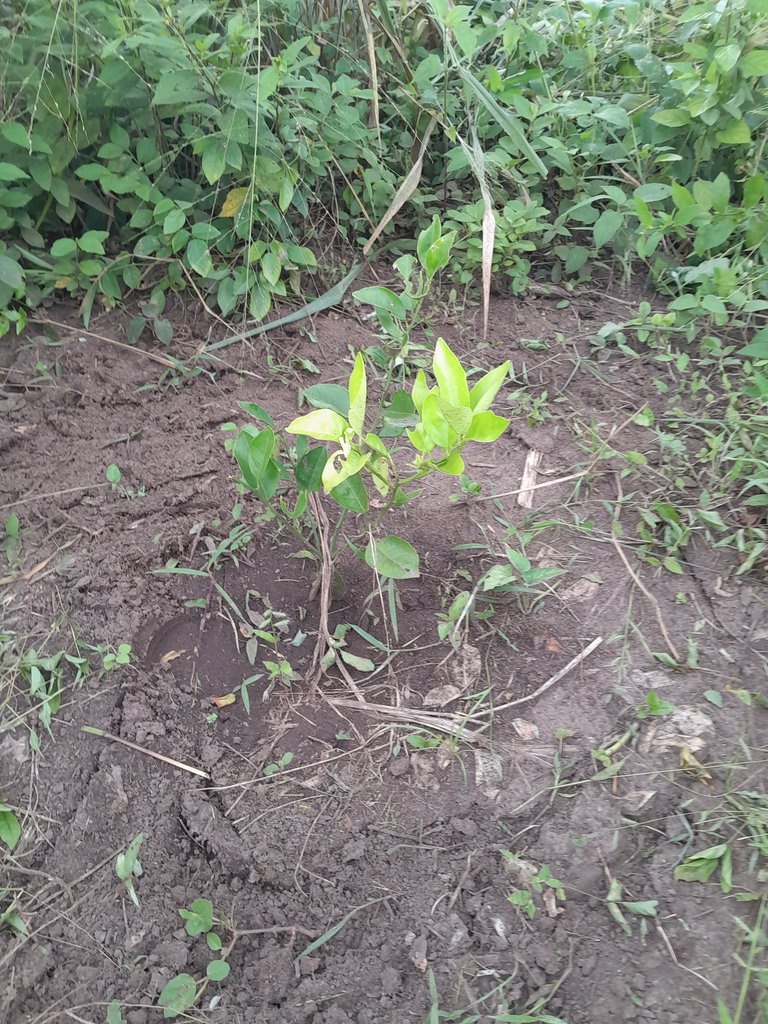
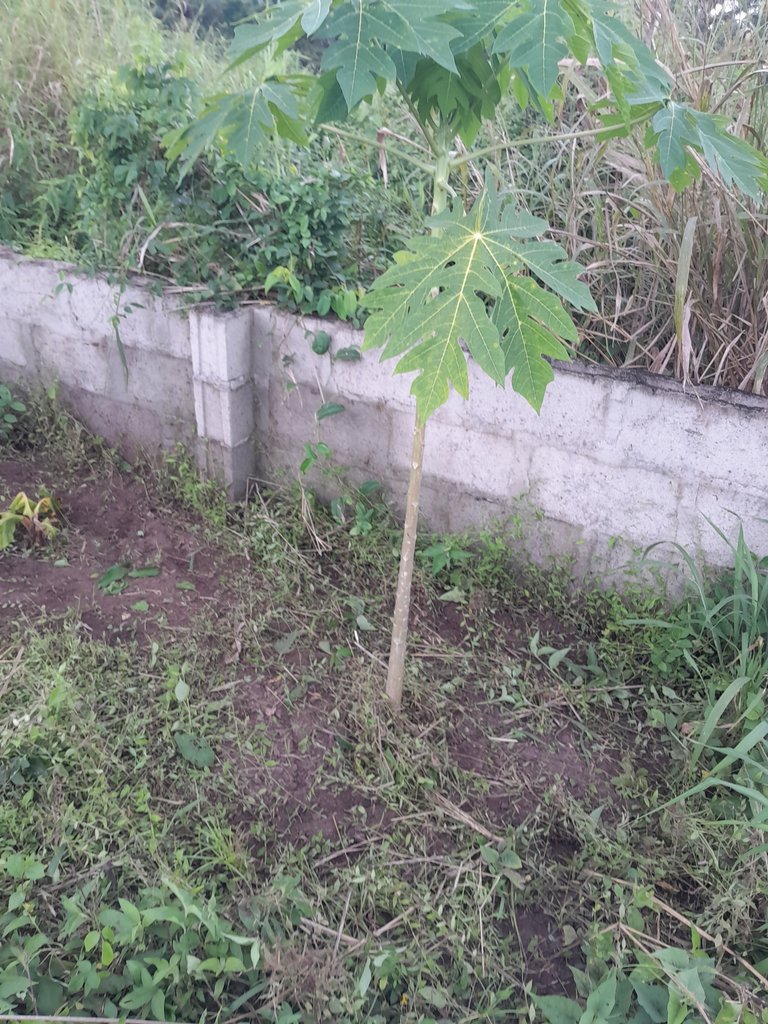
Since there’s still more work left to be done, I informed my students to come back the next day to assist. They even said they’d bring along a friend, which should make the work go a bit faster.